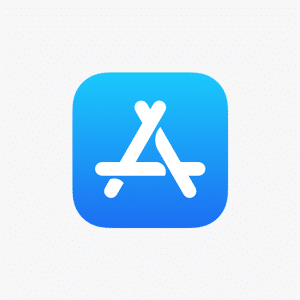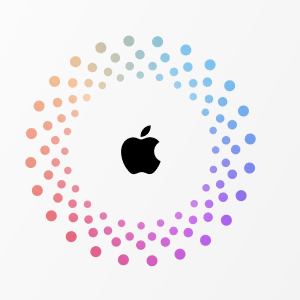Apple is gearing up to adapt to the European Union’s Digital Markets Act (DMA), with significant changes expected by March. This act compels Apple to permit iPhone app sideloading, aimed at diminishing its dominant hold over iOS software distribution.
The details of Apple’s approach remain speculative. The Wall Street Journal reports that while Apple will allow apps to be sideloaded – a first outside its App Store – it plans to levy fees and conduct app reviews for these applications.
The nature of these fees, including whether they will mirror the In-App Purchase system’s revenue-based commission, is currently unclear.
In the U.S., Apple has introduced a 27% commission on developers using external links for alternative payment methods, which came as a surprise to many who hoped to avoid Apple’s standard 30% charge by bypassing the In-App Purchase system.
The methodology Apple will use to review apps not distributed via the App Store is yet to be revealed. If The Wall Street Journal‘s report holds true, Apple’s control over iPhone software and revenue from all apps, even those sideloaded, would remain significant. This could potentially challenge the DMA’s objective of reducing Apple’s anticompetitive dominance.
Technically, Apple possesses the capability to implement a wide range of measures. However, whether its approach will satisfy regulatory authorities is an open question. The DMA’s guidelines on compliance for ‘gatekeeper’ companies like Apple are somewhat ambiguous. Post the March deadline, it is anticipated that the European Commission will issue additional directives and enforcement measures.

Consequently, Apple’s ability to maintain its restrictive control might face challenges in the long term.













